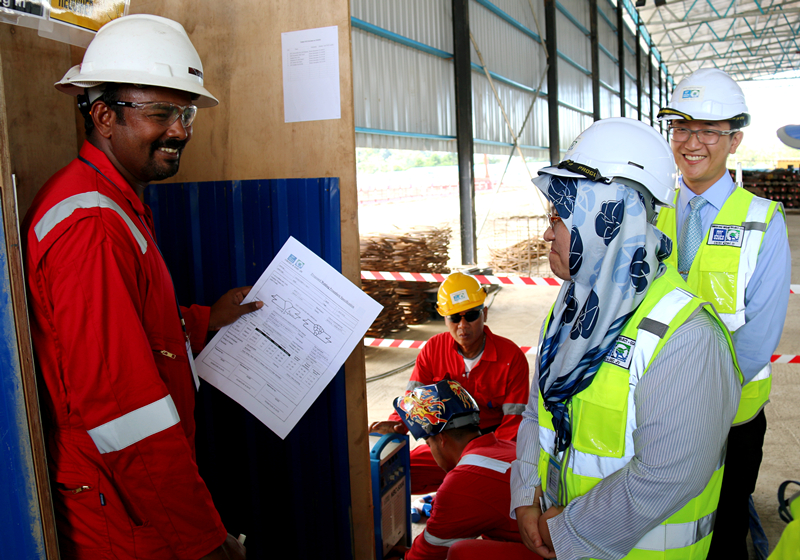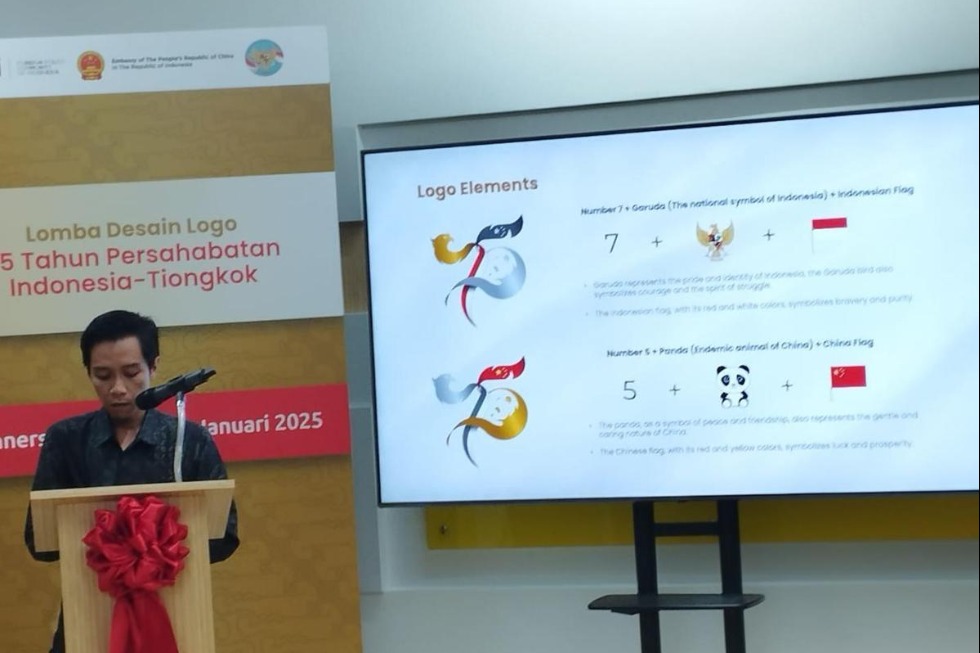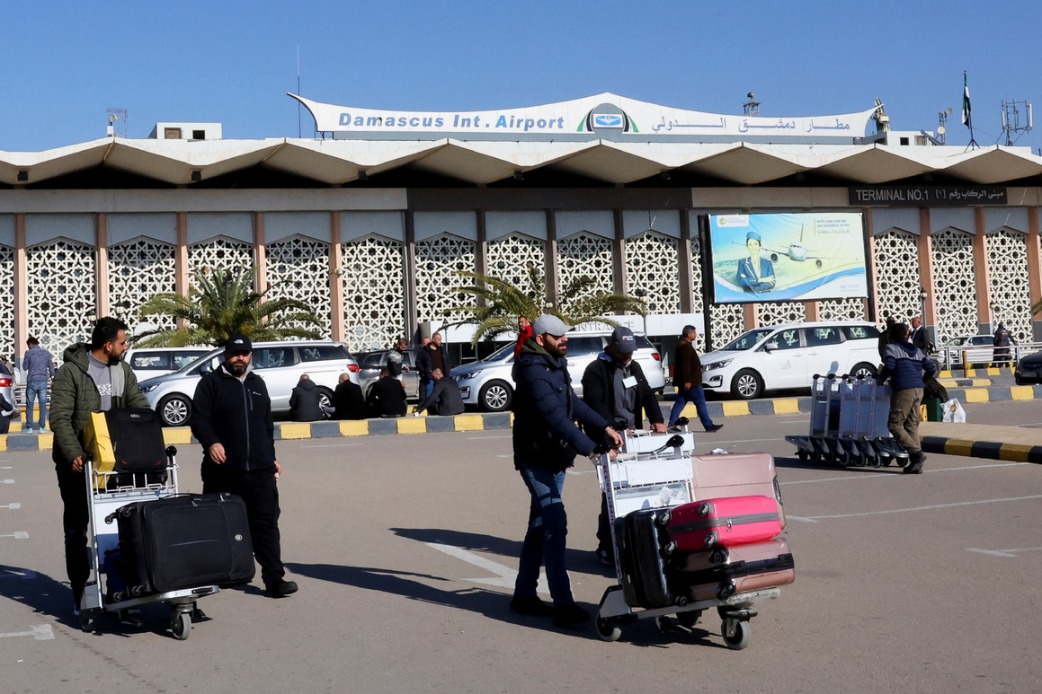China and Brunei get down to business


Ahiraj Tyagi, project coordinator for the joint venture, said the Chinese company won the contract because of its competency and good track record.
He also described the Temburong viaduct as a "unique project".
"There was no means of access to reach the work site. The preparatory work was far greater than the actual work we have done," he said.
"There were no roads in the rainforest. The bay area where we had to start our work was very shallow, and we had to dredge a river just to reach the site. You could not even walk to the place."
The strict environmental standards imposed on the project by the government in Brunei also made it even more challenging, Tyagi said.
"Before we started, we had to get clearance from all departments. Whatever we needed to do, we had to submit documents, such as statements showing how we were going to do the work, whether it would affect the environment, and if so, we had to outline mitigation methods," he said.
Tyagi added that work was proceeding on the bridge structure, rather than on the ground, to minimize the environmental impact.
"If you compare the project to building a house, we are constructing the roof first and then the rest. The nature of the work makes it difficult," he said.
To ensure the project is completed on time, the Chinese company and its partner in Brunei decided to start the work on different fronts. "It is like doing different projects in one go. It requires duplicating four sets of machinery, four sets of manpower and four sets of accommodation," Tyagi said.
Rather than building the bridge from scratch, the company decided on a plan for a panelized structure made in China, and then assembled on site.
This project also employs workers from a variety of nations.
"It's like a cultural melting pot here. Despite the differences in language, culture and dietary habits, teamwork keeps us together. The main aim of all the people here is to make this project happen. Everybody is focused on getting the work done," Tyagi added.

































